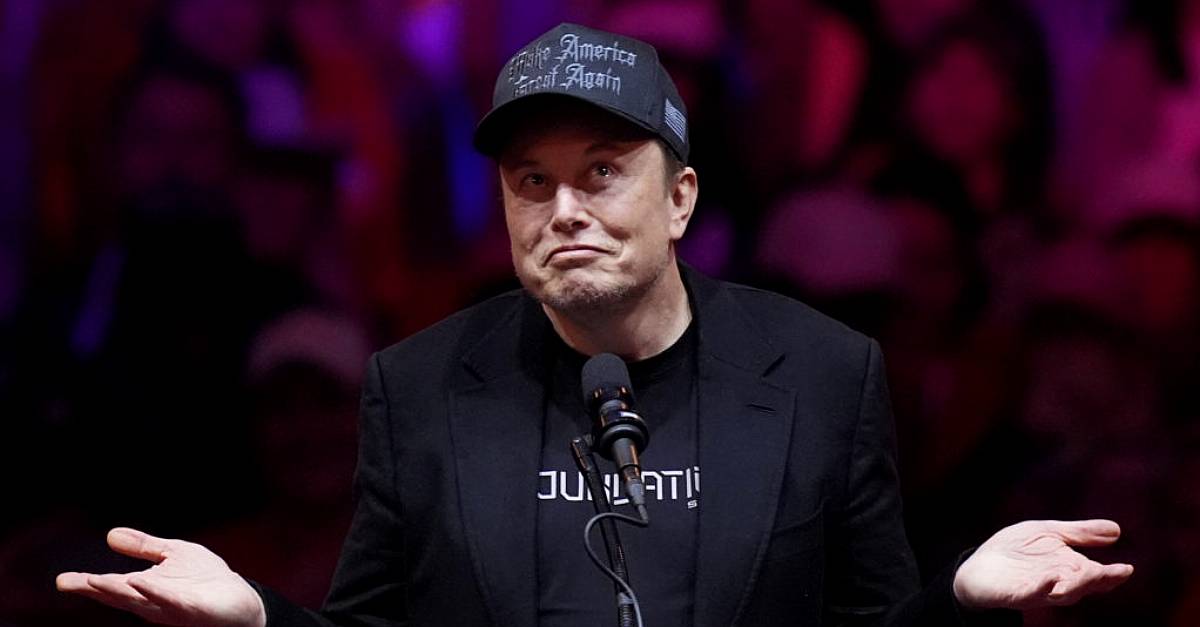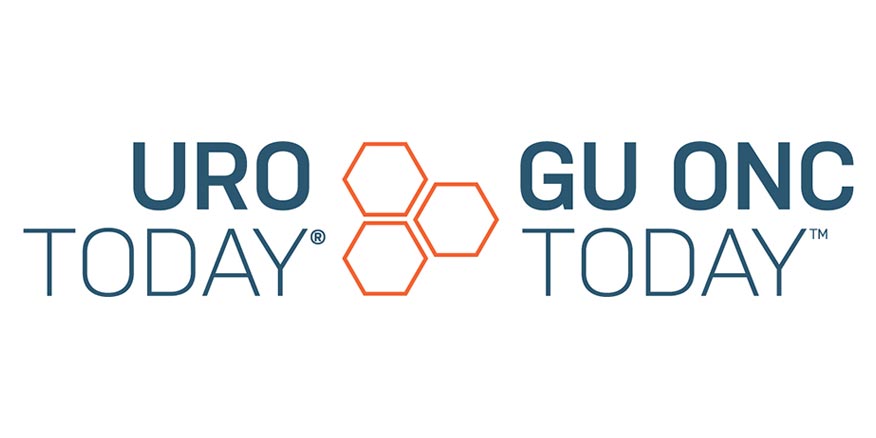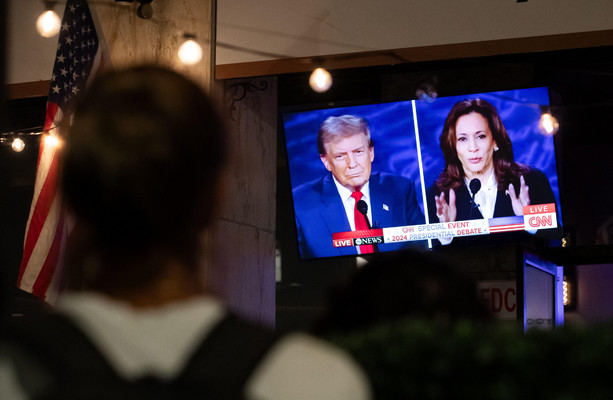Headline: Pennsylvania Court Allows Musk’s $1 Million Daily Voter Sweepstakes to Continue
In a significant ruling, a Pennsylvania court has allowed Elon Musk’s political action committee to proceed with its controversial $1 million-a-day voter sweepstakes until the presidential election. This decision comes amidst allegations of illicit practices from the Philadelphia District Attorney, who labeled the sweepstakes as a scam aiming to sway voter sentiment in swing states.
The Legal Battle Over the Sweepstakes
The decision was handed down by Common Pleas Court Judge Angelo Foglietta, who ruled after Mr. Musk’s legal team argued that winners of the sweepstakes were not selected randomly but were instead predetermined spokespeople for the PAC. Philadelphia District Attorney Larry Krasner has been vocally critical of the initiative, asserting that it sets a dangerous precedent and violates Pennsylvania election laws.
“This was all a political marketing masquerading as a lottery,” Krasner stated during the proceedings, emphasizing that the sweepstakes aims to influence the upcoming national election.
Insights from Musk’s Legal Team
Chris Gober, Musk’s lawyer, reinforced the argument that the recipients of the lottery winnings were vetted for compatibility with the PAC’s values and beliefs. “The one million dollars recipients are not chosen by chance,” Gober asserted, revealing that two final recipients would be announced in Arizona and Michigan leading up to Election Day.
America PAC‘s director, Chris Young, provided further insights during testimony, explaining the careful selection process for sweepstake winners. “We feel out their personality and make sure they align with our values,” Young noted. The revelation that recipients had to sign nondisclosure agreements raised additional eyebrows, with Krasner’s legal team questioning the transparency of the process.
The Controversy and Implications
The controversy escalated as Krasner’s legal representative questioned the validity of Musk’s initial promises to draw winners randomly. In a social media post shared during the court hearing, Musk had claimed that individuals signing the petition would have a “daily chance of winning one million dollars!” This contradiction prompted skepticism about the true nature of the sweepstakes.
Krasner’s team argued that labeling the initiative as a lottery was misleading. They posited that the PAC’s efforts were designed primarily to amplify Musk’s political agenda, especially given his extensive financial contributions—over $70 million—to support Republican candidates, including Donald Trump.
The Broader Impact
The outcome of this case holds significant ramifications not just for the Musk PAC, but for campaign financing and election integrity in the U.S. As digital marketing strategies become increasingly intertwined with political campaigns, legal scrutiny of such initiatives is likely to rise. Legal experts suggest that this case could make waves across the political landscape, prompting other PACs to evaluate their strategies in light of potential legal challenges.
For tech-savvy readers particularly invested in the intersection of technology and politics, this ruling may signify a shift in how such campaigns are conducted and perceived. The ability to engage voters while abiding by election laws remains a fine balance that requires careful navigation.
What Comes Next?
For now, the sweepstakes will continue, but the discussions in legal circles and public sentiment regarding the ethics of such initiatives are only beginning. As the election draws nearer, all eyes will be on how these political maneuvers influence not just the immediate electoral outcome, but the future of campaign finance as a whole.
As we approach the Election Day, many are pondering: What does this mean for voter mobilization tactics? How transparent should election-related initiatives be?
We encourage readers to share their thoughts in the comments below. How do you perceive the interaction between politics, technology, and ethics in this evolving landscape?
For more insights into political fundraising and election laws, check out our articles on Campaign Finance in the Digital Age and Understanding PACs: What They Do and Why They Matter. For further reading, refer to The New York Times and the Associated Press.


